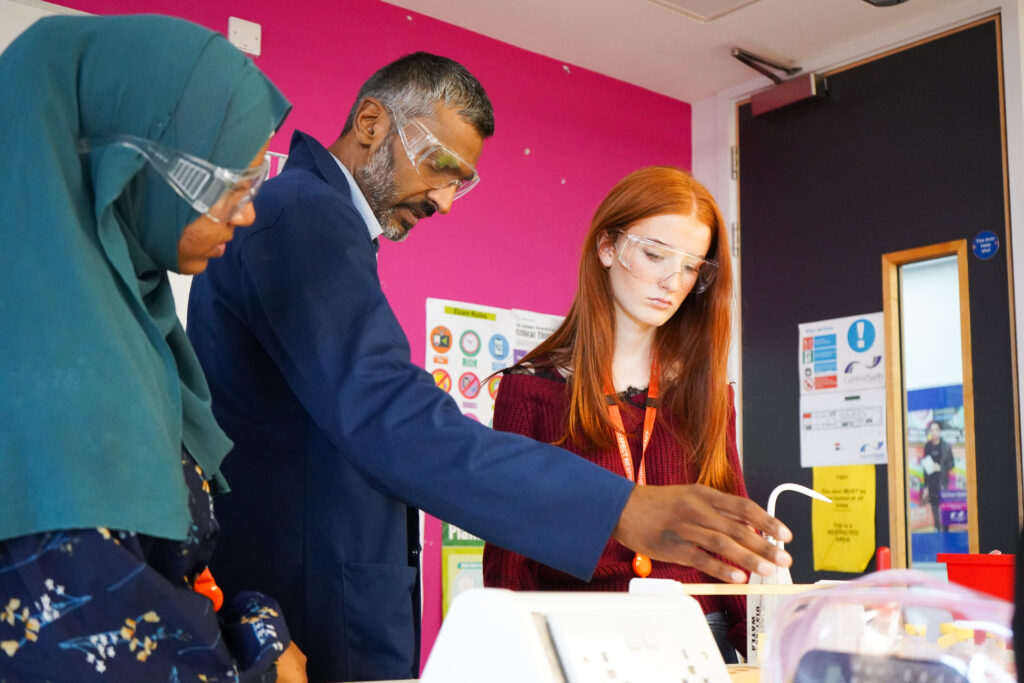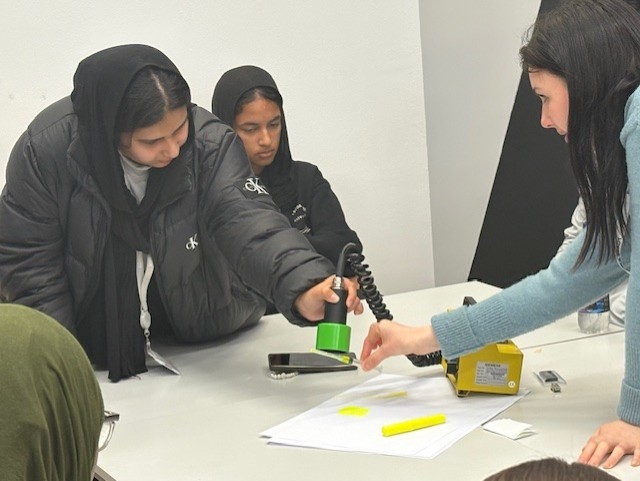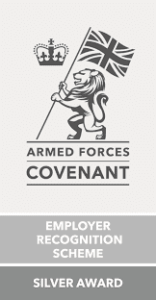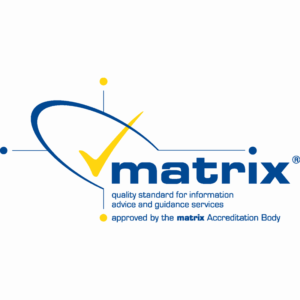Physics is perfect for you if you are fascinated by the fabric of our universe: from the interactions of light with particles to the large-scale structures of our cosmos and everything in between. Traditionally offered to those students studying Physics at GCSE, A Level Physics is a very important subject in modern science, for example in making radioactive medicines, and it can enhance your practical capabilities too.
Content Overview
Topic 1: Working as a Physicist
Topic 2: Mechanics
Topic 3: Electric Circuits
Topic 4: Materials
Topic 5: Waves and Particle Nature of Light
Topic 6: Further Mechanics including Oscillations
Topic 7: Electric, Gravitational and Magnetic Fields
Topic 8: Nuclear and Particle Physics
Topic 9: Thermodynamics
Topic 10: Space
You are also required to reach a certain practical competency level and get practically endorsed by working safely with apparatus. The core practicals, listed below, are examined in the written papers.
Core Practicals
Use a falling-ball method to determine the viscosity of a liquid
Determine the Young modulus of a material
Investigate the effects of length, tension and mass per unit length on the frequency of a vibrating string or wire
Determine the acceleration of a freely falling object
Determine the electrical resistivity of a material
Determine the e.m.f. and internal resistance of an electrical cell
Determine the wavelength of light from a laser or other light source using a diffraction grating
Use ICT to analyse collisions between small spheres, e.g. ball bearings on a table top
Use an oscilloscope or data logger to display and analyse the potential difference (p.d.) across a capacitor as it charges and discharges through a resistor
Calibrate a thermistor in a potential divider circuit as a thermostat
Determine the value of an unknown mass using the resonant frequencies of the oscillation of known masses
Determine the specific latent heat of a phase change
Investigate the relationship between the pressure and volume of a gas at fixed temperature
Investigate the absorption of gamma radiation by lead
Modules
Paper 1: Advanced Physics 1 (30% of the total qualification)
Concept approach
- Working as a Physicist
- Mechanics
- Electric Circuits
- Further Mechanics
- Electric and Magnetic Fields
- Nuclear and Particle Physics
Salters Horners approach
- Working as a Physicist
- Higher, Faster, Stronger (HFS)
- Technology in Space (SPC)
- Digging up the Past (DIG)
- Transport on Track (TRA)
- The Medium is the Message (MDM)
- Probing the Heart of Matter (PRO)
Paper 2: Advanced Physics 2 (30% of the total qualification)
Concept approach
- Working as a Physicist
- Materials
- Waves and Particle Nature of Light
- Thermodynamics
- Space
- Nuclear Radiation
- Gravitational Fields
- Oscillations
Salters Horners approach
- Working as a Physicist
- The Sound of Music (MUS)
- Good Enough to Eat (EAT)
- Technology in Space (SPC)
- Digging up the Past (DIG)
- Spare-Part Surgery (SUR)
- Build or Bust? (BLD)
- Reach for the Stars (STA)
Paper 3: General and Practical Principles in Physics (40% of the total qualification)
Questions in this paper may draw on any of the topics in this specification. The paper will include synoptic questions that may draw on two or more different topics, and your experiences of the core practicals.















